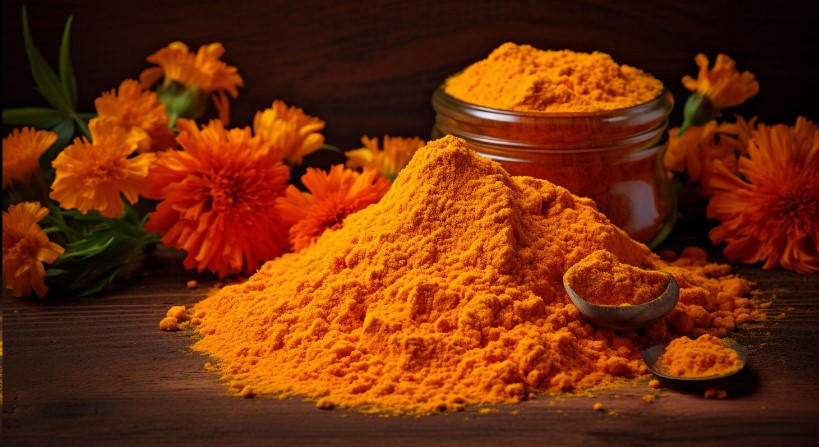毎日目を酷使していると、この栄養素が不足する可能性がある。

In this day and age, everyone is on call in front of their computer and cell phone. Work does not stop, binge-watching does not stop, the colorful world charming eyes, we are very tired, the eyes also follow the suffering.
After more than ten hours of extra long standby, if you feel that the eyes are sour, painful and swollen, and love to shed tears, you should pay attention to: it may be excessive use of the eyes.
Temporarily do massage hot compress, can relieve the eye fatigue after excessive use of the eyes, let the eyes comfortable for a while; But if we continue to stare into endless work or play with our phones, we may be depleting an important nutrient in our eyes…
This nutrient is called: ルテイン
The human body itself can not synthesize it, use the eye and consume it every day, naturally there may be a deficit, so we need to supplement lutein food n time.
Why can’t the eye do without lutein?
lutein good for eyes
There is a macular area on the human retina, which is an important functional area for feeling light stimulation and conducting nerve impulses to produce vision, and lutein and its “good partner” ゼアキサンチン live here.
When harmful blue light is present in the light source received by the eye, lutein and zeaxanthin become a “protective barrier”.
Working together, the two can absorb and filter some harmful blue light, which will reduce the damage caused by blue light [1].
They also have antioxidant properties that work together to protect the retina from oxidative damage caused by free radicals [2][3]
Anyway, with enough lutein in your body, it’s like having a loyal army of soldiers in front of your eyes.
How to fill ルテイン?How much is enough?
The Chinese Society of Nutrition recommends that the specific recommended value (SPL) for lutein in adults is 10 mg/day [4].
Getting lutein isn’t hard either — just eat more dark vegetables . Green vegetables like leeks and cilantro, or amaranth and pumpkin, which are reddish purple and orange, have quite high lutein content.
In theory, adults should consume no less than 300 g of vegetables per day, of which dark vegetables should account for more than 1/2, that is, at least 150 g[5].
However, we ask ourselves, insist on eating 150 g dark vegetables every day, is it really done ? Not to mention dark colors, it’s hard to see vegetables in takeout and fast food; The few that do exist are even decorations, and the amount is not enough.
These two sets of survey data are very telling:
According to the Scientific Research Report on the Dietary Guidelines for Chinese Residents 2021, the intake of dark vegetables by Chinese residents only accounts for 30% of the total vegetables.
According to the data of China Health and Nutrition Survey from 2000 to 2018, the intake of dark vegetables in adult residents decreased from 85.2g in 2000 to 55.9g in 2018, far below the recommended intake of 150 g[5].
Trends of vegetable and fruit intake in Chinese adult residents from 2000 to 2018
What’s more, lutein also has the characteristics of “heat instability”, and steaming, frying, and microwave heating may cause the loss of lutein in food. So how much you eat is not necessarily how much you can make up.
If you do have the problem of insufficient lutein intake, you have to find a way from two aspects: on the one hand, let yourself eat more in the future; On the other hand, lutein supplement products can also be prepared for emergency supplements when you really do not eat enough.
Marigold Extract Lutein Manufacturer /lutien Manufacturers/ lutien powder Supplier /lutein Suppliers/lutein Factory:
lutein Supplier: www.backvita.com
Eメール:[email protected]
電話番号+86 (029) 8187 2325
参照
[1] Yang Yuexin and Ge Keyou. Chinese Book of Nutritional Sciences (2nd Edition) [M]. Beijing: People’s Medical Publishing House, 2019:264.
[2] Lin Xiaoming, Ed. Fundamentals and biological effects of lutein [M]. Beijing: Peking University Medical Press, 2015:78-80, 219. (in Chinese)
[3]Obana A, Gohto Y, Nakazawa R, et al. Effect of an antioxidant supplement containing high dose lutein and zeaxanthin on macular pigment and skin carotenoid levels. Sci Rep. 2020 Jun 24; 10 (1) : 10262.
[4] Chinese Nutrition Society. Reference Intake of Dietary Nutrients for Chinese residents (2013 edition) [M]. Beijing: Science Press, 2014:568.
[5] Chinese Nutrition Society. Dietary Guidelines for Chinese Residents (2022) [M]. Beijing: People’s Medical Publishing House, 202:10, 58.
